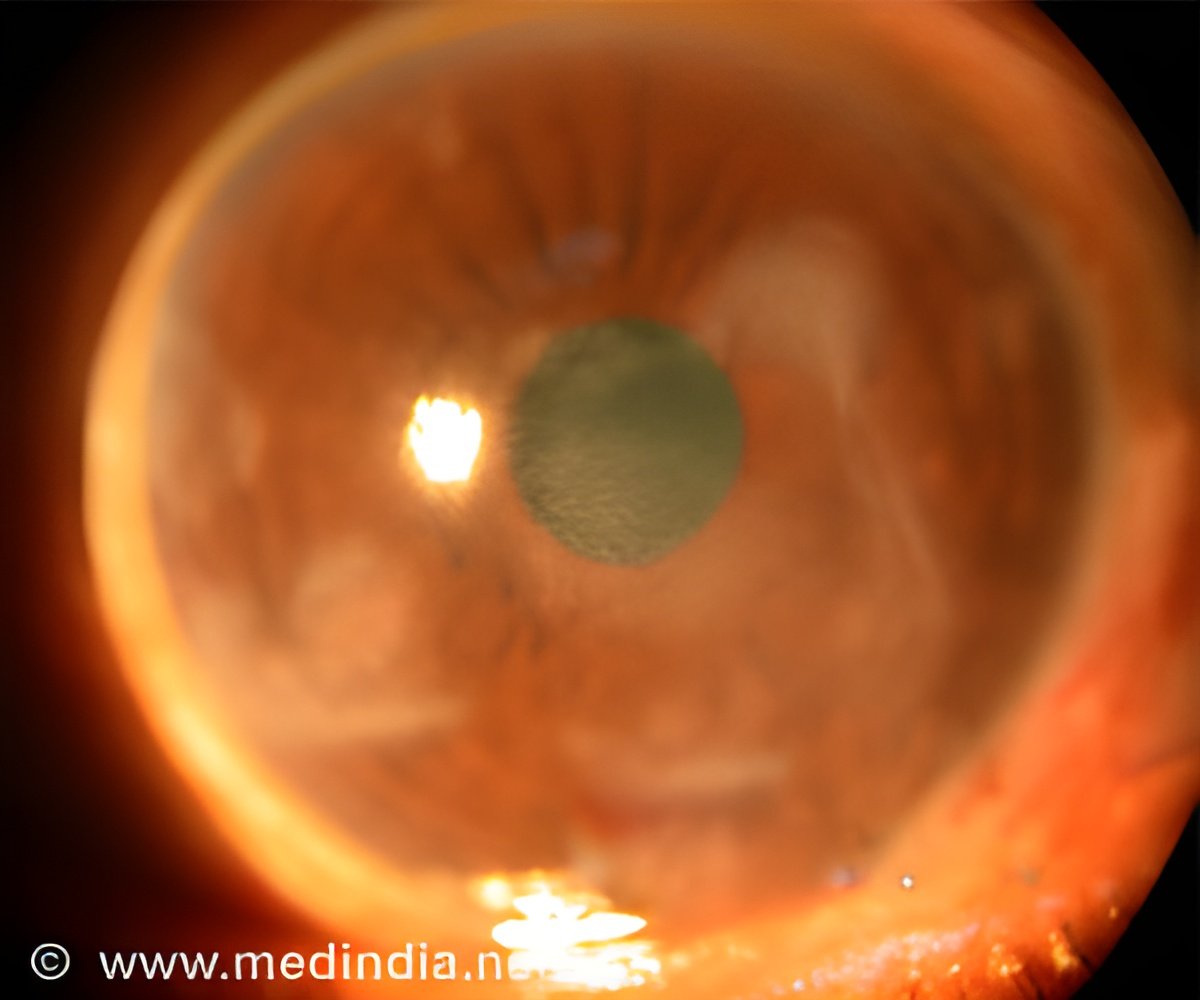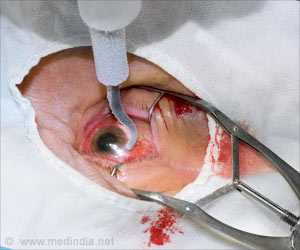Corneal transplantation success unaffected for donor corneas preserved for 11 days, expanding pool of available tissue.

‘Three-year success rates were the same for corneas preserved for eight to 14 days and for corneas preserved for up to seven days.’





The U.S. Food and Drug Administration has approved the use of solutions to preserve donated corneas for 14 days. "The current practice of surgeons to use corneas preserved for no longer than seven days is not evidence-based," said Lass, "but rather a practice based on opinion, which hopefully will change with this new evidence." Researchers looked at three-year graft success rates among a total of 1,090 individuals (1,330 eyes) who underwent transplantation via Descemet's stripping automated endothelial keratoplasty by 70 surgeons at 40 surgical sites. Most of the patients underwent transplantation for Fuchs' endothelial corneal dystrophy, a progressive disease that causes cells to die in the innermost layer of the cornea called the endothelium. Death of corneal endothelial cells is a normal part of aging. However, Fuchs' accelerates this cell death. Corneal transplantation is the only treatment available to restore vision.
Overall, the investigators were unable to conclude that three-year success rates were the same for corneas preserved for eight to 14 days compared with up to seven days (92.1 percent versus 95.3 percent). However, parsing out the data, they found that much of the difference between the groups was accounted for by those who received corneas preserved 12 to 14 days. There was no meaningful difference between those who received corneas preserved up to seven days and those who received corneas preserved eight to 11 days.
While it is true that patients who received corneas preserved 12 to 14 days had comparably lower success rates, Dr. Lass emphasized that even their success was impressively high at 89.3 percent, which may support the use of these tissues as logistics dictate.
In a separate analysis of the CPTS data, the investigators analyzed the extent of endothelial cell loss (ECL), that is, the loss of cells in the corneal endothelium that continued to occur as a normal part of aging in the grafted donor cornea three years after it had been transplanted. They looked to see if differences in corneal preservation time affected ECL after three years. They noninvasively measured ECL in the 945 eyes with successful grafts and found that corneas preserved up to seven days had a 37-percent loss of cells versus a 40-percent loss in corneas preserved eight to 14 days. However, taking a closer look at the data revealed that the effect of corneal preservation time on the loss of endothelial cells was comparable from four to 13 days.
Advertisement
Currently, there is a sufficient supply of donor corneas available for people in the United States who require transplants. In 2016, nearly 50,000 corneal transplantations were performed and, on average, it took only about three to four weeks for donor tissue from an eye bank to become available for scheduled surgery. However, corneal donor tissue is scarce elsewhere in the world and corneal disease is the third leading cause of blindness outside the U.S.
Advertisement
"Finding ideal donor-patient matches requires time, technology and manpower. Lengthening the timeframe for tissue evaluation will ultimately help expand the donor pool," Dr. Macsai said.
Case Western Reserve University and the clinical trial sites plan to distribute this information in an educational campaign targeted to the eye banking and ophthalmology community, and then follow up to see if clinical practice changes.
Source-Eurekalert










